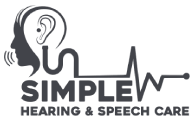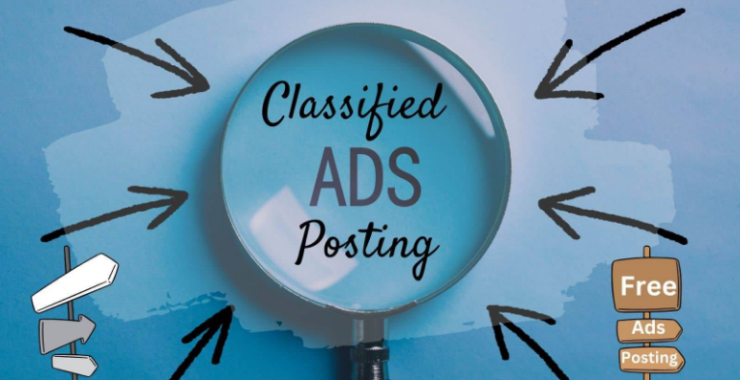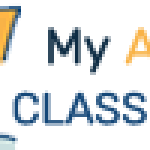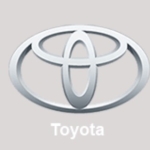Pediatric Speech Therapy in Pune | Language Therapy in Pune | Dr. Survi Dash
What Is Speech-Language Therapy?
What Are Speech Disorders?
A speech disorder refers to a problem with making sounds. Speech disorders include:
- Articulation disorders: These are problems with making sounds in syllables, or saying words incorrectly to the point that listeners can’t understand what’s being said.
- Fluency disorders: These include problems such as stuttering, in which the flow of speech is interrupted by unusual stops, partial-word repetitions (“b-b-boy”), or prolonging sounds and syllables (sssssnake).
- Resonance or voice disorders: These are problems with the pitch, volume, or quality of the voice that distract listeners from what’s being said. These types of disorders may also cause pain or discomfort for a child when speaking.
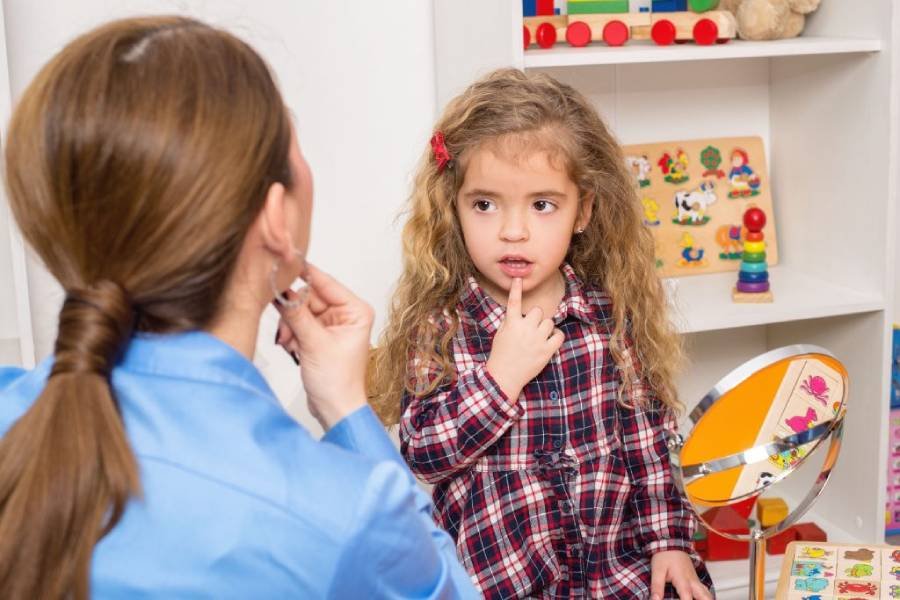
What Are Language Disorders?
A language disorder refers to a problem understanding or putting words together to communicate ideas. Language disorders can be either receptive or expressive:
- Receptive disorders are problems with understanding or processing language.
- Expressive disorders are problems with putting words together, having a limited vocabulary, or being unable to use language in a socially appropriate way.
- Cognitive-communication disorders are problems with communication skills that involve memory, attention, perception, organization, regulation, and problem-solving.
How Simple Hearing and Speech Care Can Help?
In speech-language therapy, Dr. Survi Dash at Simple Hearing and Speech Care work with a child one-on-one, in a small group, or in a classroom to overcome problems.
Dr. Survi Dash uses a variety of strategies, including:
- Language intervention activities: Dr. Survi Dash will interact with a child by playing and talking, using pictures, books, objects, or ongoing events to stimulate language development. She may model correct vocabulary and grammar, and use repetition exercises to build language skills.
- Articulation therapy: Articulation, or sound production, exercises involve having the therapist model correct sounds and syllables in words and sentences for a child, often during play activities. The level of play is age-appropriate and related to the child’s specific needs. Dr. Survi Dash will show the child how to make certain sounds, such as the “r” sound, and may show how to move the tongue to make specific sounds.
- Oral-motor/feeding and swallowing therapy: Dr. Survi Dash may use a variety of oral exercises including facial massage and various tongue, lip, and jaw exercises — to strengthen the muscles of the mouth for eating, drinking, and swallowing. Dr. Survi Dash may also instruct different food textures and temperatures to increase a child’s oral awareness during eating and swallowing.
Why Do Some Kids Need Speech-Language Therapy?
Kids might need speech-language therapy for many reasons, including:
- hearing impairments
- cognitive (intellectual, thinking) or other developmental delays
- weak oral muscles
- chronic hoarseness
- cleft lip or cleft palate
- autism
- motor planning problems
- articulation problems
- fluency disorders
- respiratory problems (breathing disorders)
- feeding and swallowing disorders
- traumatic brain injury
Therapy should begin as soon as possible. Children who start therapy early (before they’re 5 years old) tend to have better results than those who begin later. This doesn’t mean that older kids won’t do well in therapy. Their progress might be slower, though, because they have learned patterns that need to be changed.

